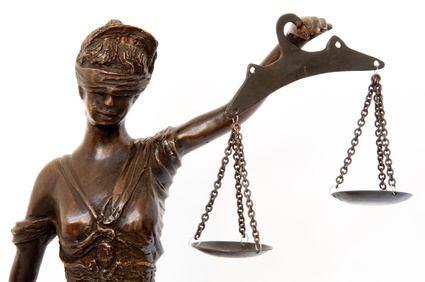
TikTok Liable for Unlicensed Content!

Good news for all rightsholders: Lausen Rechtsanwälte won a landmark decision against TikTok for its client, the Berlin-based film rights distributor and operator of YouTube channels Nikita Ventures GmbH, at the Munich Regional Court (Landgericht München I). The court decided that TikTok is liable for the unlicensed use of content (see judgment of February 9, 2024, ref. 42 O 10792/22)!
The decision means that TikTok must now disclose:
– how often users streamed the unlicensed content,
– how often users uploaded the unlicensed content, and
– what revenue and profits TikTok generated from the unlicensed use.
In addition, the Munich Regional Court found that TikTok must pay damages for the unlicensed use and refrain from the unlicensed use.
The Munich Regional Court condemns TikTok in accordance with the new principles of the so-called UrhDaG; the UrhDaG implements Art. 17 of the DSM Directive in Germany: TikTok is a service provider within the meaning of Section 2 (1) UrhDaG and, therefore, falls under the UrhDaG. TikTok provides the public with access to the unlicensed content via its platform and, therefore, performs a communication to the public pursuant to Section 1 (1) UrhDaG. In the present case, TikTok could not rely on a release from liability pursuant to Section 1 (2) UrhDaG, as TikTok violated its license obligation under Section 4 (1) UrhDaG. Since TikTok breached its licensing obligations, any measures taken for qualified blocking (Section 7 UrhDaG) and simple blocking (Section 8 UrhDaG) were irrelevant.
Managing Director of Nikita Ventures, Antoine Schmidt-Roy: “We have gone through a long period of frustrating attempts to reach serious negotiations with TikTok for licensing the film productions we distribute. We had previously discovered that these film productions had been uploaded to TikTok in large numbers and had achieved considerable viewing figures there. This primarily affects our short film division, but also documentaries, TV shows and music concerts – in short: everything that is also successful on our YouTube channels. With Lausen Rechtsanwälte, we have excellent partners at our side. Our licensors have fully supported the decision to file a lawsuit.”
Lawyers Dr. Matthias Lausen and Dr. Lorenz Haidinger: “The legal situation is clear: platforms such as TikTok are liable for the distribution of content. These platforms, which operate worldwide and generate huge revenues in particular also through the use of third-party content, are required to pay rightsholders an appropriate remuneration for the use of their content. This has now been decided by the Munich Regional Court.” You can find the press release of Munich Regional Court I here.


